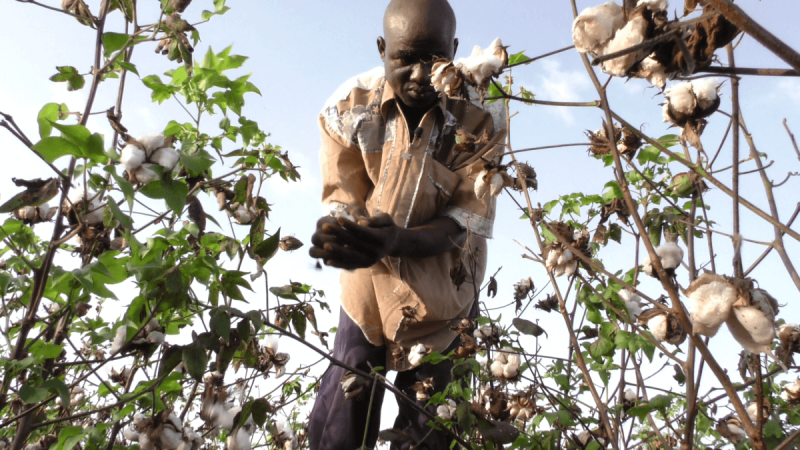Burkina Faso’s 2008 Bt cotton adoption was Africa’s largest genetically modified (GM) crop introduction principally for small farmers, and became its most celebrated success story. In 2016, however, Burkina Faso announced an abrupt phase-out of Bt cotton, citing millions of dollars of losses due to inferior lint quality.
In hindsight, quality issues were conspicuously absent from the success narrative, particularly given that cotton sector actors were aware of problems for a decade.
We focus on three themes and show how (1) the political economic context favored the production of positive results, with Monsanto holding substantial power over the evaluation process, (2) the narrow epistemologies of agronomic evaluation produced ‘‘apolitical” knowledge that overlooked how local-level power dynamics shaped data collection, and – in at least two cases (fertilizer application rates and seed costs) – the returns accrued by smaller-scale Bt cotton farmers, (3) the knowledge produced via these processes was used to accrue material benefits to Monsanto and helped to promote GM crops across the continent.
We conclude that future GM crop evaluations should be more self-reflexive, critical, and transparent in how power shapes the evaluation process and agricultural outcomes for differentiated farmers.
As numerous African countries consider GM crop approvals and new biotechnologies such as CRISPR, the issues raised in this paper will only become more pronounced and more important to address.































